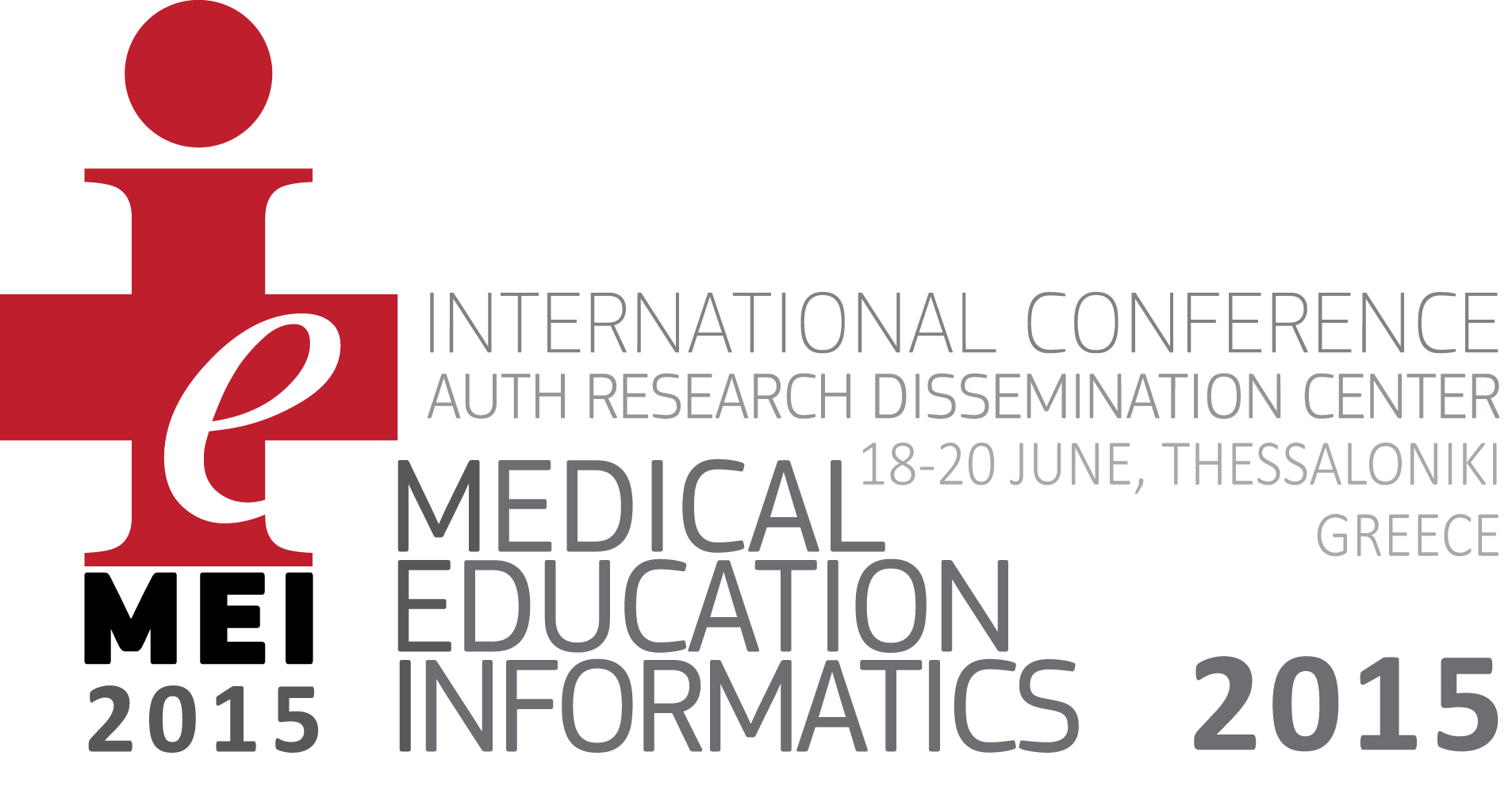Abstract:
Physicians, nurses and other professionals interact with patients every day, and ICT, especially the internet, can enhance the communication processes among them, providing timely information to patients about disease prevention, health promotion, as well as treatment of diseases. ICT skills are: access to health science information, management of health information and knowledge, generation and dissemination of health knowledge. The development of these new ICT skills requires digital literate people.
Funded by the CAMEI EC funded project, a whitepaper has been produced, identifying some key recommendations about how USA organisations and communities can cooperate with EU organisations in order to empower sharing, reuse, repurposing and creation of educational material applied in different context and promote renewal of programmes.
After the analysis of opportunities about education of IT skills for the healthcare workforce in EU-US: authors conclude that:
• Common challenges and opportunities on providing IT skills for healthcare workforce have been identified, assessing the cooperation potential among the EU and the US.
• A benchmark in detail policy priorities of US on IT skills for Healthcare workforce and research sub-areas with those of EU (i2010, FP7-ICT strategic priorities, Horizon 2020) has been performed to help partners from the other side to be involved in joint related activities.
• Open Education and the creation of some educational frameworks have been identified as the means and the guidelines of sharing, re-using, and repurposing technologies of new educational material and programs for IT-skilled workforce in healthcare applied in the different context, different languages and cultures in the EU and US.
• A prominent base of cooperation where mutual benefits can be generated for both regions has been located, identifying key players from the EU and US.














